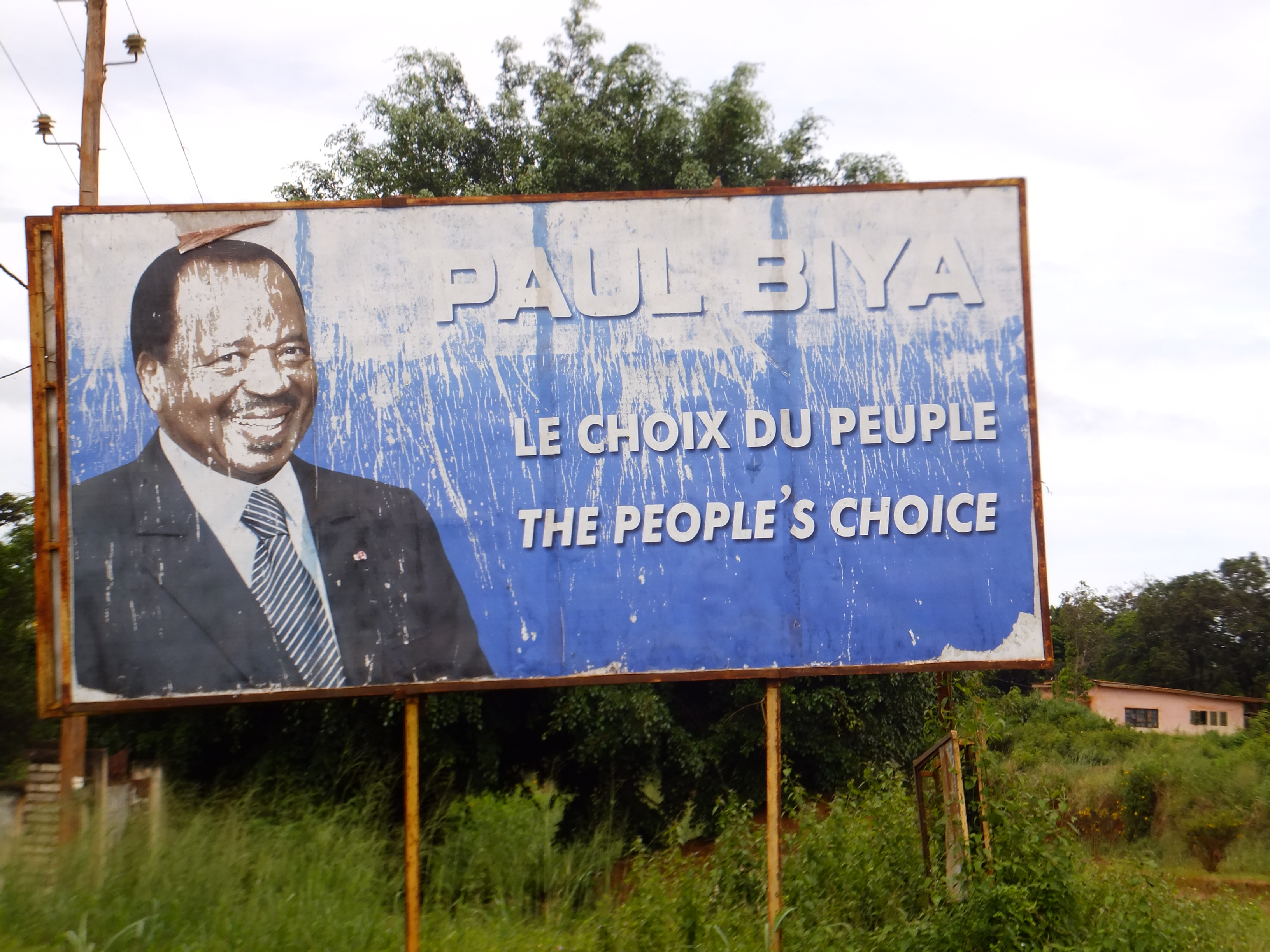 I first heard Madhusree Mukerjee talk about her research on British imperial policy and the Bengal famine of 1943 about three years ago when she was visiting Oxford to study the Cherwell Papers at Nuffield College. She talked about it over lunch with me at St Antony’s and it sounded like a most interesting line of enquiry. Her book Churchill’s Secret War: the British Empire and the Ravaging of India during World War II (Basic Books, New York 2010) appeared late last summer. A few pages into the book – and I knew this was a game-changer. I contacted my colleague Faisal Devji, who runs the South Asia History seminar. Faisal invited Mukerjee to speak and she gave her very first seminar on her new book at Oxford on 19 October 2010.
I first heard Madhusree Mukerjee talk about her research on British imperial policy and the Bengal famine of 1943 about three years ago when she was visiting Oxford to study the Cherwell Papers at Nuffield College. She talked about it over lunch with me at St Antony’s and it sounded like a most interesting line of enquiry. Her book Churchill’s Secret War: the British Empire and the Ravaging of India during World War II (Basic Books, New York 2010) appeared late last summer. A few pages into the book – and I knew this was a game-changer. I contacted my colleague Faisal Devji, who runs the South Asia History seminar. Faisal invited Mukerjee to speak and she gave her very first seminar on her new book at Oxford on 19 October 2010.
Within weeks, Mukerjee’s book had become – deservedly – an international phenomenon. Shashi Tharoor wrote in Time Magazine that the book “reveals a side of Churchill largely ignored in the West and considerably tarnishes his heroic sheen”, noting that “Mukerjee’s prose is all the more devastating because she refuses to voice the outrage most readers will feel on reading her exhaustively researched, footnoted facts.”
Ian Jack, former editor of Granta, spoke for many when he wrote recently in The Telegraph, India that “Just occasionally… a book really does alter your view of the world, so much so that you insist others read it and sometimes foist it on them as a gift. This has just happened to me with Madhusree Mukerjee’s account of the Bengal Famine, titled Churchill’s Secret War. I’ve been absorbed and shaken by it. I don’t think anyone who reads Mukerjee can ever see Churchill in the same light again.”
Describing the book as “a gripping and scholarly investigation into what must count as one of the most shameful chapters in the history of the Empire,” the BBC’s Soutik Biswas remarked: “For colonial apologists, the book is essential reading.”
I agree. For as much as Churchill’s Secret War seems to zero in on decisions taken by the war-time prime minister and his adviser Lord Cherwell, the racism and sheer odium of both of whom is on stark display in the evidence presented by Mukerjee, this book is much more of an indictment of what colonialism was really about than the title suggests.
Mukerjee’s book truly hits you in the gut, perhaps more so because it shuns sentimentality and is written in a matter-of-fact style. Perhaps Mukerjee’s past life as a physicist has come into play here. The power of Mukerjee’s telling of this man-made famine that killed – following Amartya Sen’s analysis of famine mortality – around 3 million people, lies in the formidable marshalling of a wide range of data, from cabinet meeting records and papers of powerful politicians and officials to interviews in Bengal villages with survivors of the famine and militant rebels against the Raj.
The Bengal Famine of 1943, a defining scar on the Bengali psyche, has been infamous internationally since Sen demonstrated – first in an article and then in his book Poverty and Famines (Clarendon Press, Oxford, 1981) – how famine did not occur due to “food availability decline” but rather the deterioration of “exchange entitlements” of particular groups in rural Bengal which denied them access to food.
As Mukerjee’s work, with its emphasis on the effect of shipping decisions of the UK government, appeared to return the focus to the supply side and its effects on famine, I asked her during Q&A at her Oxford seminar about the implications of her work in relation to Sen’s. She responded that Sen’s ‘entitlements’ argument remained a true and profound explanation of the famine, indicating that she saw her work as complementing, not contradicting Sen’s.
Sen’s response, however, has been rather testy, as evidenced in an unfolding spat on the pages of the New York Review of Books, following Joseph Lelyveld’s review of Churchill’s Secret War. An indirect exchange between Mukerjee and Sen has been followed by a further sharp exchange between Mark Tauger and Sen on the issue of crop shortage. In the meantime, the Indian media has been relishing this latest round of debate between “argumentative” Indians.







2 Comments
Well written Sarmila
I can’t say right now whether Churchill starved Bengal or not but I can’t prevent my emotion to take lead to say that
he killed my father’s prestige, pride and all he had when he was suspended for being an Inspector in the Civil Supply Department during the period of 1944-45 as there was a false case of bribery filed against the dept working at Bakarganj to procure rice to hide the real image of power hungry British.
Bakarganj was deprived in multi direction- by stopping food supply from Burma, by sinking its only means of travel– boats, so as to prevent japanese to come to this southern part of mofussal Bengal,by taking away rice to feed important workers at Calcutta, etc.
Churchill uttered a phrase like
If there is famine then why didn’t Gandhi die.
I am preparing a document to submit to the present British Govt. asking for an offer of a respectful award for my late gold medalist(1930) father and also an offer of compensatory money on behalf of my elderly mother who was with her humiliated(suspended) husband along with her mother in law and their three baby boys.